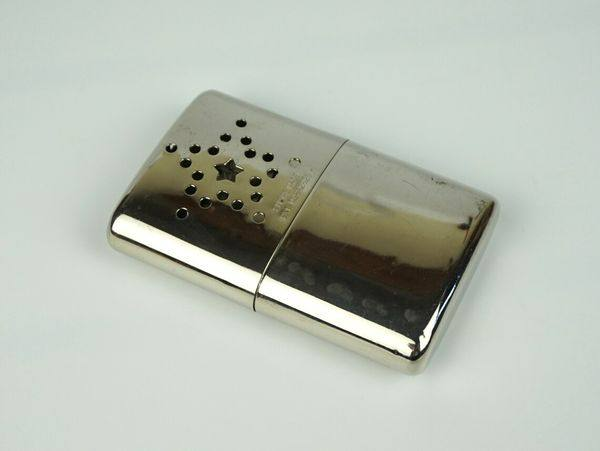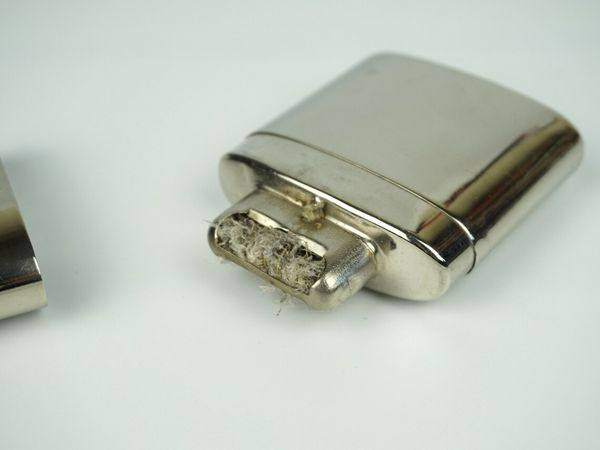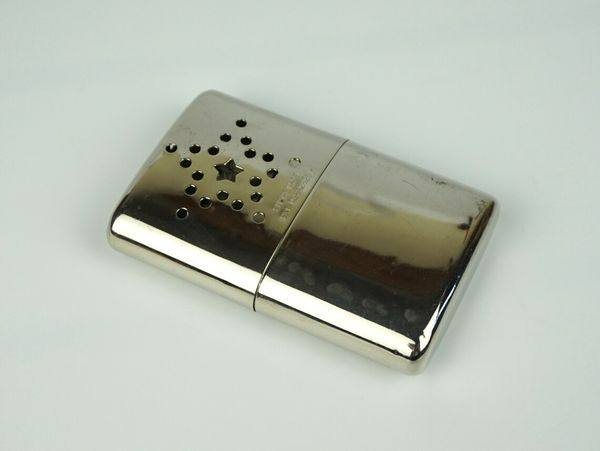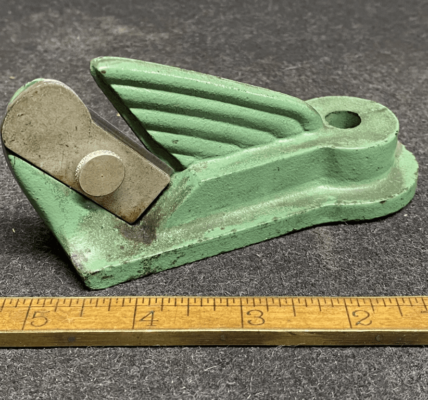Extremely practical and straightforward item that was often utilized in the past, particularly during the cold-s1
The concept of hand warmers can be traced back to ancient civilizations, where people sought ways to keep warm in harsh climates. In China and Japan, people used small braziers filled with hot coals to keep their hands warm during cold weather. These early versions were often made of metal or clay and were portable enough to carry around.
During the late 19th and early 20th centuries, metal hand warmers became increasingly popular. These devices were typically made of brass or steel and featured a perforated outer casing to allow heat to radiate. Inside, a small compartment held burning charcoal or solid fuel sticks, providing a consistent source of warmth. Inventors patented various designs, improving efficiency and safety over time.
As technology progressed, so did hand warmers. In the 1920s, catalytic hand warmers emerged, using a platinum catalyst to generate heat without an open flame. These devices were safer and more reliable, making them popular among soldiers, outdoor enthusiasts, and anyone needing warmth in cold environments. Brands like Zippo and Jon-e became synonymous with quality hand warmers, and their products are now considered vintage treasures.

Vintage hand warmers served as practical tools for people living in cold climates. Whether walking to work, attending outdoor events, or simply spending time outside, these devices provided much-needed warmth. Users would light the fuel, insert it into the warmer, and place it in their pockets or gloves, ensuring their hands stayed cozy even in freezing temperatures.
Hand warmers were essential gear for soldiers stationed in cold regions. During World War I and World War II, troops used them to maintain dexterity and comfort in harsh conditions. The reliable warmth they provided helped soldiers perform tasks that required fine motor skills, such as handling weapons and equipment.
Hunting, fishing, skiing, and other outdoor activities often require spending extended periods in cold environments. Vintage hand warmers were indispensable for enthusiasts of these activities, allowing them to enjoy their pursuits without succumbing to the cold. The convenience and portability of these warmers made them a favorite accessory for winter sports enthusiasts.
Today, vintage hand warmers are highly sought after by collectors and enthusiasts. Their unique designs, craftsmanship, and historical significance make them valuable additions to collections. Many collectors appreciate the intricate details and engineering of these devices, while others are drawn to the nostalgia and stories they carry from the past.

In recent years, there has been a renewed interest in sustainable and reusable products. Vintage hand warmers, with their reliance on renewable fuel sources and long-lasting construction, align with modern environmental values. They serve as a reminder of a time when people sought practical solutions to stay warm without relying on disposable items.
Beyond their functional use, vintage hand warmers hold cultural significance in various regions. In Japan, for instance, the traditional kairo hand warmer is still used and celebrated as part of winter rituals. These warmers are seen as a connection to the past and a symbol of resilience against the cold.
The vintage hand warmer is more than just a practical device for staying warm; it is a testament to human ingenuity and adaptability. Its history reflects technological progress and cultural shifts, while its continued use and appreciation highlight its enduring appeal. Whether used as functional items or cherished collectibles, vintage hand warmers remain a cozy companion through the ages, offering warmth and comfort in the coldest of times.




